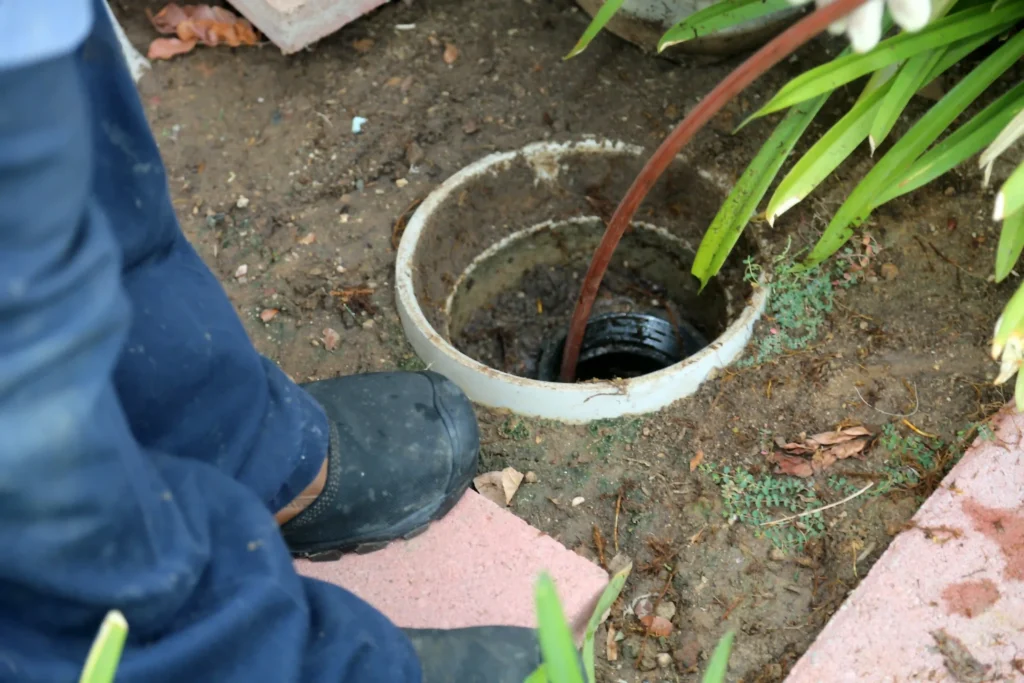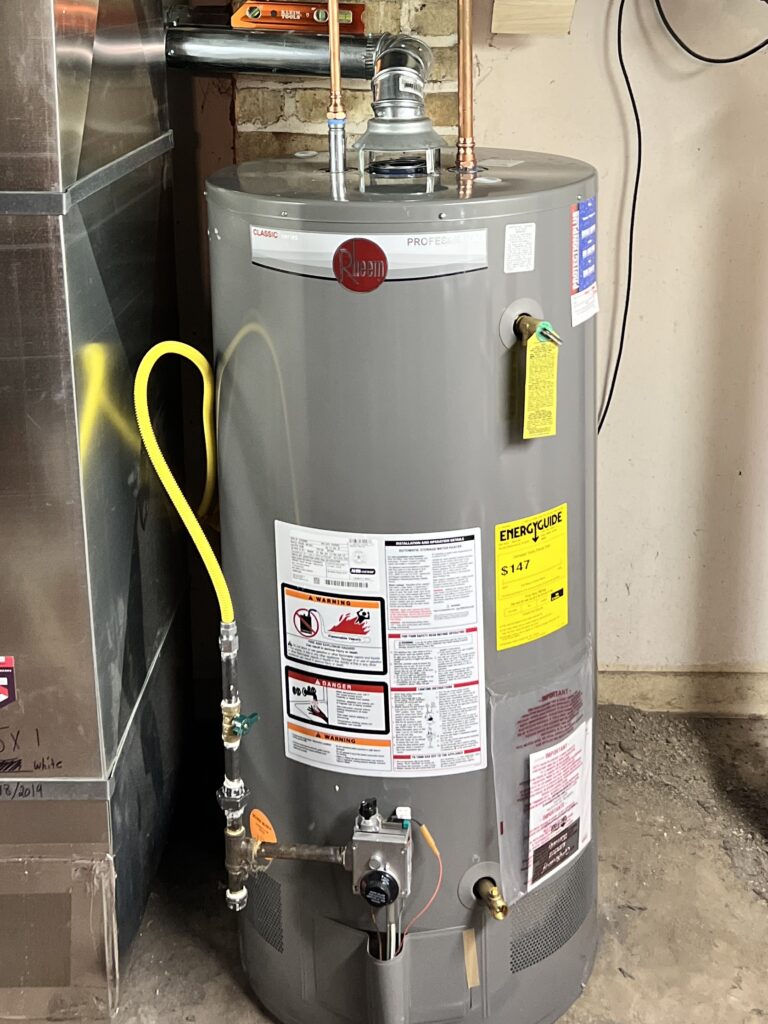

Blog
How to Fix a Drafty House This Winter in Des Moines, IA
Central Iowans make their homes comfortable by controlling the temperature and humidity level inside their house. But two things can prevent this from happening easily and efficiently: air leaks and negative pressure. While air leaks are well-known to many homeowners, negative pressure may not be. This means there is less air in your home than outside, which causes the house to pull in air to try to balance out the pressure.
Both air leaks and negative pressure lead to air infiltration in your home, which can negatively impact your comfort.
- Cold, dry air gets into your home during the winter.
- Hot, humid air infiltrates your home during the summer.
- Both of these scenarios force the furnace and air conditioner to work harder to maintain the preferred settings.
- When the HVAC system works harder, heating and cooling costs increase.
Air Leaks
Some air leaks are easy to spot. Make sure to use weather stripping around your windows and doors for a tighter seal. Investing in new windows will make those leaks practically non-existent. If you have a wood-burning fireplace, make sure the damper is closed when not in use.
Other air leaks are less noticeable and trickier to find. Did you know air can enter your home through electrical boxes? Many outlets, light switches and lighting fixtures aren’t insulated. For example, if there is an attic directly above recessed ceiling lights, that cold or hot attic air can seep into your living space. Or, air infiltration can happen through outlets on exterior walls. If you add those all up, it sure can make a difference. Fortunately, this can be easily remedied by adding foam inserts in the electrical boxes, which is inexpensive and can be found at your local home improvement store.
Negative Pressure
When a home is in a negative pressure situation, it needs to replace that air by pulling in outside air from the easiest source. There are three main sources for creating a negative pressure in your home:
- Exhaust fan
- Dryer
- Water heater (draws air from the room for the combustion process and then exhausts it outdoors)
These three conveniences suck the air out of your home. If a door isn’t properly sealed or electrical boxes aren’t insulated, they can become a location for easy air infiltration.
There are a few tips to follow to keep your home from experiencing negative pressure.
- Don’t let the bathroom exhaust fans run all day. For ease, you can install a 20-minute timer for them to shut off automatically.
- Only use the kitchen range or microwave exhaust when you’re cooking.
- The clothes dryer removes a ton of air from your house. Consider not doing multiple loads of laundry back-to-back.
- In addition, try not to use the exhaust and dryer at the same time.
Addressing air leaks and negative pressure will help keep your Central Iowa home more comfortable, your HVAC system from working overtime, and your heating and cooling costs from increasing.








